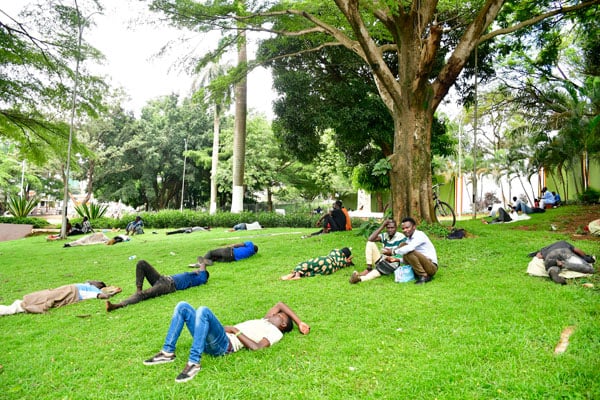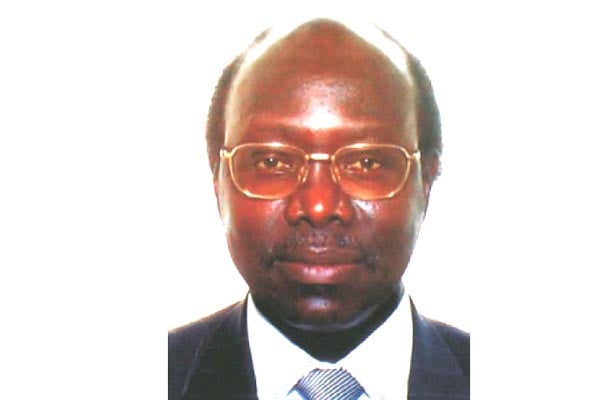Prime
Uganda labour reforms too slow – report

Idlers lounging at the Independence Monument at Speke Road in Kampala on November 30. According to the 2021 National Labour force report, 49 per cent of the working age population were outside the labour force. PHOTO/STEPHEN OTAGE
The pace at which the government is going about reforming labour conditions in the country is too slow to register any meaningful impact, a report reveals.
According to the report, titled: “State of labour rights in Uganda: Pursuing the right to livelihood and dignity for all workers”, the labour situation in the country leaves so much to be desired despite ongoing efforts by the government to reform laws as evidenced by the Employment Amendment Bill, 2022, Sexual Harassment Regulations, 2012 and the National Action Plan on Business and Human Rights.
The analysis by a section of professionals, experts in different fields and civil society organisations working on labour rights, trade, investment, land, health and development-related issues, notes that the continued violation and abuse of workers’ rights in the country are directly linked to the glaring gaps in labour rights’ policies and the administration of the existing laws.
“Casualisation of labour is rampant, especially in factories, plantations and commercial investment schemes, where workers are employed without formal contracts hence no job security as well as limited access to remedy for human rights abuses by business operations including delays or lack of compensations in case of workplace accidents,” said Ms Peninnah Mbabazi, a trade and investment policy analyst with SEATINI Uganda, while presenting the report yesterday in Kampala.
This is corroborated by the Uganda Annual National Labour Force Survey of 2021 which indicates that 67 percent of employed persons were employed on the basis of oral agreements. The survey also showed that 35 percent of the working population was exposed to dust, fumes or chemicals with 42 percent in industry, 39 percent in agriculture and 30 percent in services.
The experts cited in the report said the minimum wage of Shs6,000 (about $1.61) per month has not been reviewed since 1984, which they said has exposed workers to gross economic exploitation and income inequality.
The National Organisations of Trade Unions (Notu) chairman general, Mr Usher Wilson Owere, said some investors are more powerful than the institutions that are supposed to see to it that minimum wage becomes a reality.
He said the Industrial Court of Uganda which is mandated to dispense labour justice in the country currently has two instead of five judges.
Experts’ demands
•Review the Investment Code Act, 2019 to include human rights impact assessment
•Review the minimum wage set in 1984 and also implementing the 2015 recommendations of the Minimum Wages Advisory Board to protect workers from exploitation, among others.




